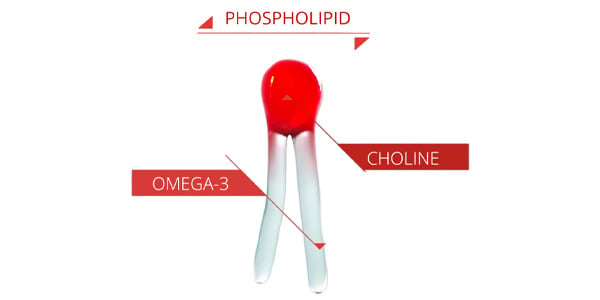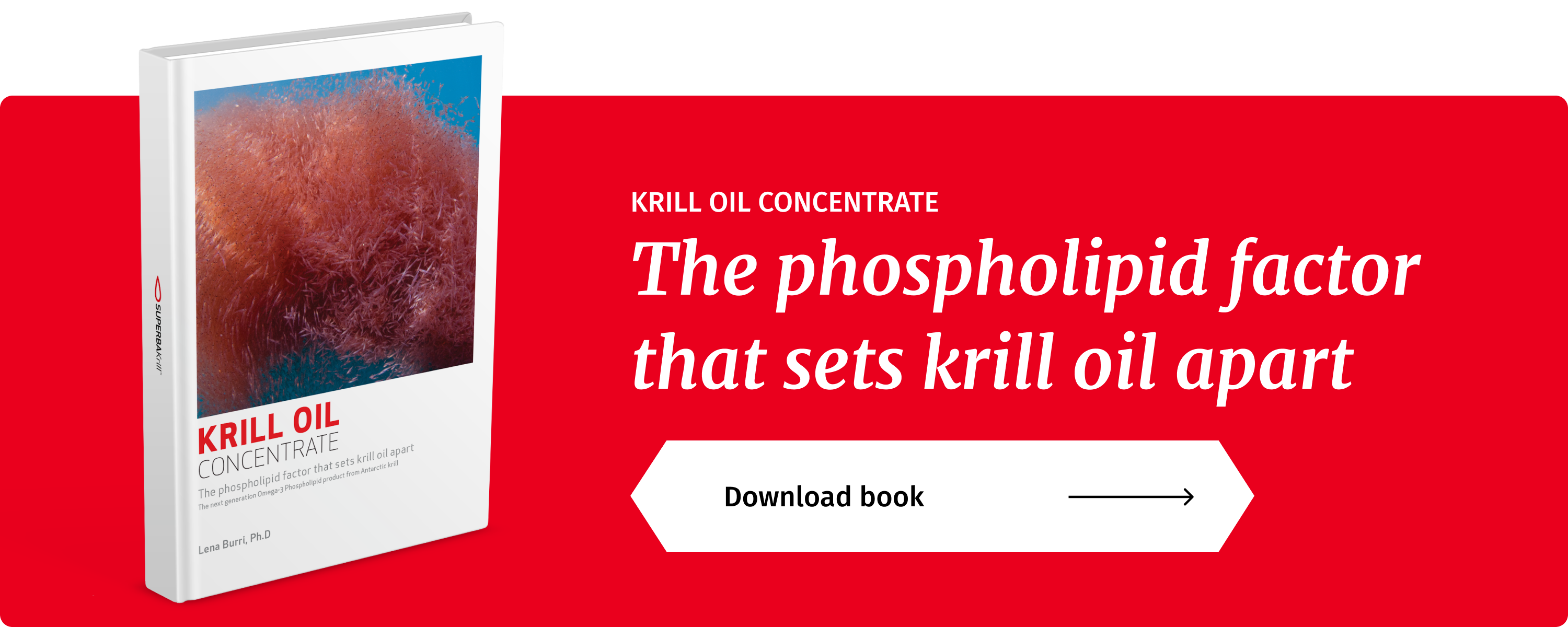Our brains are an irreplaceable part of our bodies, responsible for our cognitive, sensory, emotional, behavioral, and physical abilities.
In our early years, brain health is centered on optimal growth and development. As adults, we aim to preserve a high level of overall brain function and health. As we age, our brain health focus tends to shift to preserving higher brain functions such as memory and cognition.
The brain is an organ that we must nourish and care for throughout our lifetime as much as we do our heart, muscles, and skin. A healthy, varied diet and exercise are the key pillars that ensure a healthy and active life, but supplementing with nutrients to support our cognitive health is a powerful way to do even more for your body and your brain.
Growing awareness of importance of brain health
According to surveys from global market researcher Mintel, as many as 85% of vitamin and mineral supplement consumers in the US are interested in supplements that support their cognitive health. On the other side of the Atlantic in the UK, 56% of adults ages 55+ are concerned about memory. The same goes for China, where 53% of seniors aged 55-74 are concerned about weak memory.
Brain health is an increasingly critical topic in the medical community, especially as we live longer and develop in our understanding of how our food choices, lifestyles and stress levels may impact our cognitive capacities and abilities. This, in turn, has created increasing demand for science-backed nutritional products that can help support brain health throughout our lives.
The omega-3 supplements on the store shelves are not all created equal, as they are derived from different sources, and each source can yield greater or fewer nutritional benefits for the body. One increasingly studied source of omega-3 is from Antarctic krill, in the form of krill oil phospholipids.
The brain boosting qualities of krill oil phospholipids
Krill are small crustaceans that are sustainably harvested in the Southern Ocean. Due to their rich diet of algae, krill oil is naturally rich in vital and brain-boosting nutrients like phospholipids (phosphatidylcholine), omega-3 EPA & DHA and choline.

As much as 60% of the brain weight consists of phospholipids that are rich in fatty acids omega-3s and choline, all of which play vital roles in cellular function, nerve signaling and cognitive health and function.
Omega-3 fatty acids, particularly DHA is highly concentrated in the brain and are essential for cognitive health, brain development and function. Omega-3s get transported across the blood brain barrier and into the brain in a phospholipid form.
Watch the phospholipid advantage video below, the krill oil differentiator that makes krill oil unique versus many other supplements:
Choline is considered an essential nutrient, and exists as part of the phospholipids. Choline is a precursor for acetylcholine, an important neurotransmitter involved in muscle control, circadian rhythm, memory, and many other neuronal functions.
Most people today are not getting enough of these important nutrients in their diets. With the increased prevalence of processed and ultra-processed foods, modern diets contain only about one third of phospholipids than people typically consumed a century ago, for example. In addition, we know that the ratio of omega-6 to omega-3 in the body’s cells and cell membranes is hugely imbalanced, negatively impacting human organs and overall health.
Read more: Healthy cells equal a healthy body
Nourish your brain with key nutrients for cognitive health
Previous scientific research has shown a robust association between low omega-3 levels and cognitive impairment (cognitive orientation, memory, attention, and language) in an elderly population (1).
Findings from a new study add to the increasing body of literature suggesting a robust association worth exploring dietary DHA as one strategy to prevent or delay cognitive impairment (2).
Krill oil phospholipids is clinically proven to efficiently increase omega-3 levels in the blood, and nourishing the brain with key nutrients naturally found in the brain can be a good way to support cognitive brain function.
Scientists put krill oil to the memory test
Krill oil’s impact on cognitive function has been put to the test through research and scientific studies for nearly a decade. One study from as early as 2013, already concluded that krill oil phospholipid was more effective in activating cognitive function in healthy, elderly males aged 61-72, than other omega-3 counterparts, including sardine oil (3).
Both the krill oil and sardine oil groups showed a positive and statistically significant effect on working memory among the participants tested; however, only krill oil improved latency in information processing. Taking longer to process information is a consequence of aging and krill oil showed a significant decrease in the information processing rate.
Krill oil phospholipids for a lifetime of brain health
The brain we are born with must be nourished and cared for throughout our lifetimes.
Krill oil is a natural source of key nutrients to support brain health, thus ensuring that we are better able to protect our brains as we age.
References:
1) https://pubmed.ncbi.nlm.nih.gov/27701160/
2) file:///C:/Users/ua505/Downloads/nutrients-14-02408-v3%20(3).pdf
3) https://www.ncbi.nlm.nih.gov/pmc/articles/PMC3789637/


